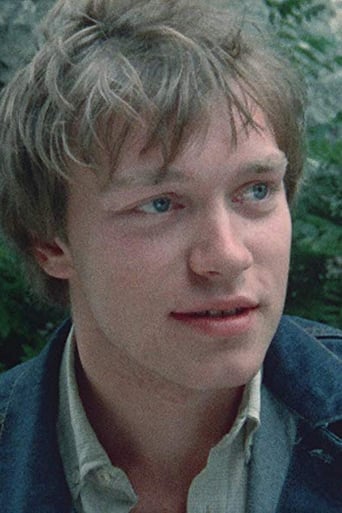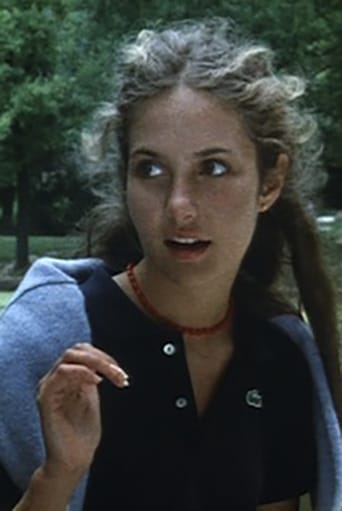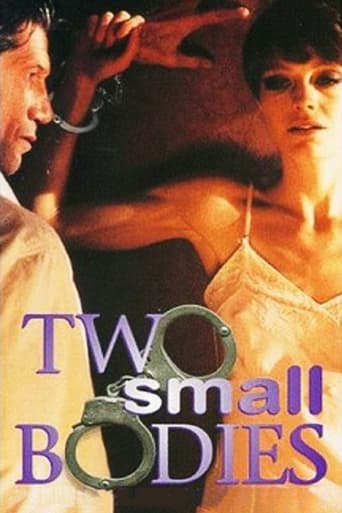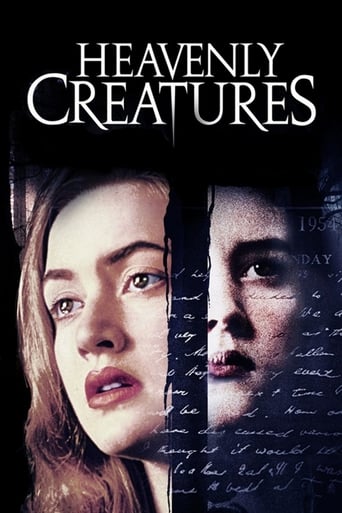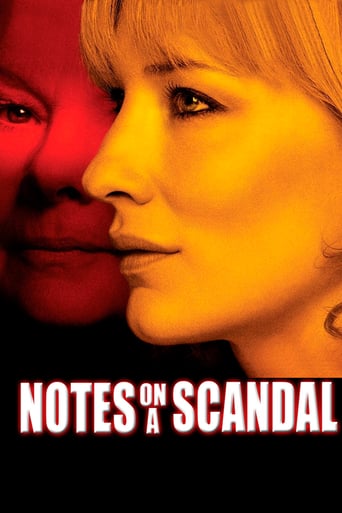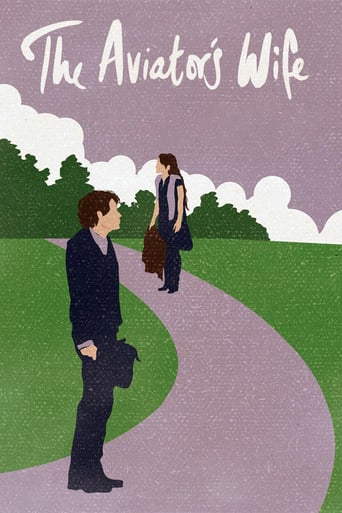
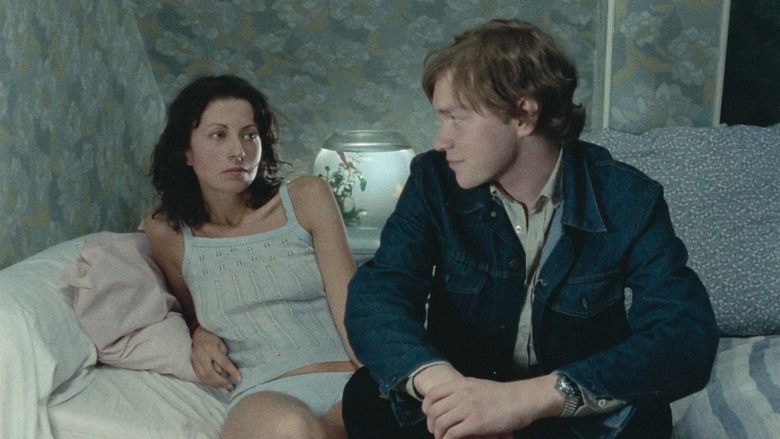
The Aviator's Wife (1981)
A student is devastated when he finds that his girlfriend is cheating on him. In order to find out why she did it, he decides to spy on her and her airline pilot lover. Then he sees the pilot with a blonde woman and he begins to follow them…
Watch Trailer
Cast
Similar titles
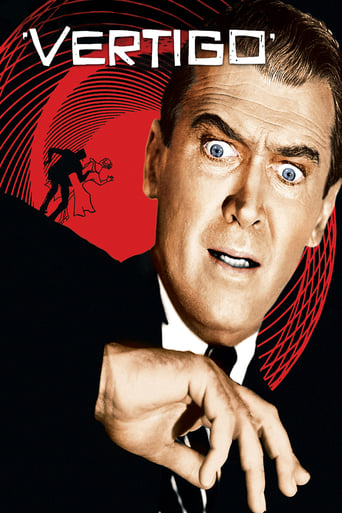
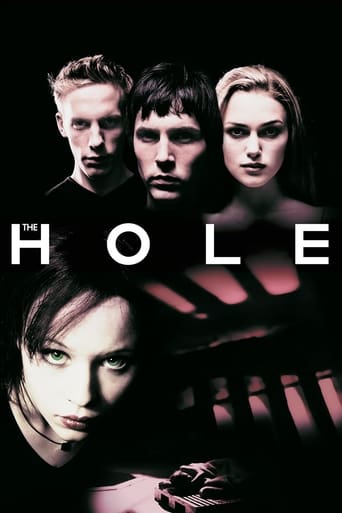
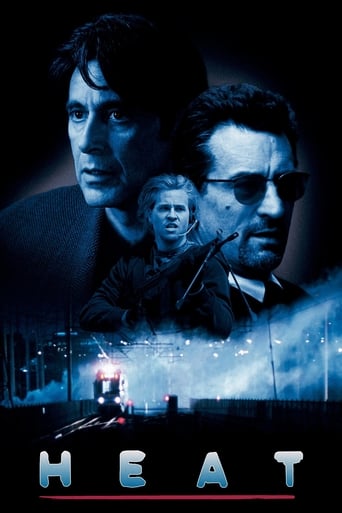
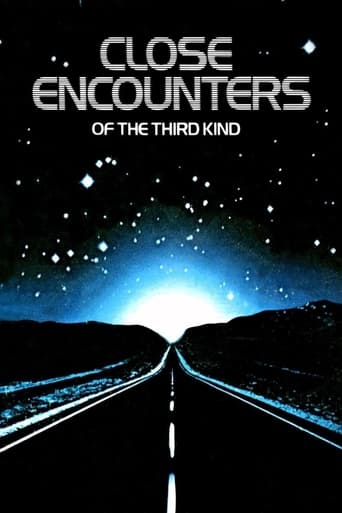
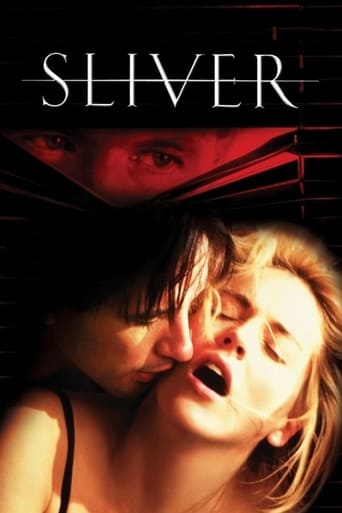
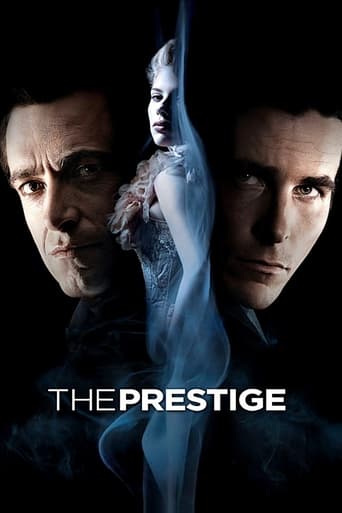
Reviews
Absolutely the worst movie.
A Disappointing Continuation
I like movies that are aware of what they are selling... without [any] greater aspirations than to make people laugh and that's it.
what a terribly boring film. I'm sorry but this is absolutely not deserving of best picture and will be forgotten quickly. Entertaining and engaging cinema? No. Nothing performances with flat faces and mistaking silence for subtlety.
Reading up about the film makers of the French New Wave (FNW) I found myself put off taking a look at the work of Eric Rohmer,due to Rohmer sounding like the ultimate fuddy-duddy hipster. Unaware about my view on Rohmer,my dad caught me by surprise,by giving me a 6 film DVD/Blu-Ray set of Rohmer titles for Easter!,which has unexpectedly led to me unrolling the first in Rohmer's "Comedies et Proverbes" movie series.The plot:Deeply in love with his girlfriend, François starts to fear that Anne is cheating on him,when she is spotted with ex-boyfriend Christian.Walking round town soon after seeing this sight, François spots Christian with another women. Secretly following them, François soon finds someone following him.View on the film:Tragically dying in a campsite fire a few weeks after the movie came out, Philippe Marlaud gives a great performance as the heart on his sleeve François,whose outpouring of love for Anne's Marlaud expresses with a considerate sincerity,Spotting François in the park, Anne- Laure Meury (reuniting with Rohmer) gives a wonderful performance as Lucie,whose games on François, Meury performs with a cheeky sass.Covered in lush water colour shades of green,writer/director Éric Rohmer & cinematographer Bernard Lutic cast an atmosphere of tranquillity over the movie.For the mystery François is trying to solve,the screenplay by Rohmer gathers up the clues with a breezy manner that keeps the viewers guard down on the clever "full circle" ending just round the corner. Whilst other film makers ruthlessly attacked the bourgeoisie lifestyle,Rohmer appears to oddly embrace it,with the non-mystery moments failing to define the tantalising outline of the characters,and the aviator's wife
It's always fun watching Rohmer's heroes and heroins develop their characters in a 90-min of story-telling.The aviator Christian shows up talking for 5 minutes in the beginning, and then he turns to just a subject that we all audience, including François, have to know him from how Anne will describe him and how Lucie will envision him.The audience can only see aviator's wife once from a photo Anne posses, but till we see it, including François, we learn all of our assumption made from Lucie's smart guessing will need to be re-assumed otherwise.The last five minutes of the movie indicates François will get himself to be going after Lucie, for he is made believe Lucie may not seem as straightforward as he felt. His role somehow imitates to Christian now.So much fun with so minimal resources of moving making. Solute Eric.
The person of whom we know least is the aviator's woman. This is largely because the emotional topology is neither simple nor relatively stable like the triangular formula it first appears to be.François is too matter-of-fact to go with the flow of this gestalt of rapidly metamorphosing relationships. Like a latter-day Polyphemus, he drowses dimly through a hazily-grasped landscape of romantic artifice, and always fails to get the girl through the folly of an approach so direct as to be lumbering. Because he is so ponderous, Lucie teases him, to relieve her impatience.François threatens the essentially gossamer-like dance of youthful romance the flirtatious touch-and-go of creatures as yet unburdened with any sense of their mortality. But he also burdens the older Anne with his stolid inability to hurry after and keep company with her advancing sense of years and maturity. He lightly observes to Lucy in the park that he is, chronologically, stuck exactly midway between two women, but it is the formula and not its significance which strikes him.He sleepwalks across a wideawake Paris, from yesterday's literally exhausted love, to the dawning of a new love at a temporal juncture which unfortunately for him does not coincide with the pattern of his shift-distorted days. In a tragic conclusion to this farce of an elementary failure of communication, the student who must work his way through college is shown as forever excluded from the smooth and easy path set before the privileged children of the haut-bourgoisie. Indeed, there is a double tragedy, as Anne still appears to be languishing in an at least emotionally unresolved divorce, and yet age has put her asunder from François, thus robbing both of their natural and mutual haven from those whose fortunate background will ensure that everything will come to them as a matter of course.This is the dark side of Rohmer's generally more sunny world of gently bittersweet dalliance: The film shows the point at which all the lightness must become serious. The pilot and his woman is she wife? sister? mistress?professional associate? seem to preside from an aloof and unknowable distance, like Arcadian deities over the cruel twisting of human destiny.Their inexplicable appearances and disappearances mirror the faltering course of human affairs, which do leave most of us more-or-less in the lurch.There is a Mozartian harmony to this conception of how life produces not only winners, but losers as well, yet losers who are not obviously the wilful creators of their own fate. As a portrait of the apparently random strokes of fortune, dealt by the endlessly absconding figure of the vaguely heaven-located aviator,' this film could even be said to breath the air of Classical Greece ... were Rohmer not so conscious of the artifice as to locate the impossible flirtation of Lucy and François in a park all of the bucolic features of which are entirely artificial. Amidst all the pretty lies, one thing is certain: Disillusionment. Yet Rohmer seems to believe as the subtitle of this film suggests that such a bleak world of conceptual emptiness would be literally unimaginable for the artist, unsupportable for the creative intelligence. Quintessentially French, it is the rational play of wit that satisfies and expresses this cool, classical sensibility. Here, he deliberately objectifies the limits of his own talent, or human-interest: It is an admittedly delightful formula bounded on one side by the beautifully illuminated world of the aquarium by Anne's bedside, and on the other by the crystalline confection of the snow-shaker in François' nervously occupied hand as she freezes him out', but it is a formula, nonetheless, and can only describe the imagined regions of those with the temporal luxury the time to develop such a rareified sensibility.Neither shiftworkers nor disappointed women the one cruelly pressed for time, the other by it - can luxuriate in that fundamentally aristocratic sense of the infinite possibilities of self the sense which gives to so many of Rohmer's films their particular quality of timeless dalliance. This is a game for kittenish teenage girls and their attentive swains, and it presents them with no immediate consequences. It is, in short, amidst those who are still young and therefore truly alive that Rohmer wishes to remain. In this film he acknowledges the cruelty implicit in the intuition that life ceases once consequence is encountered. He has created a Garden of Eden in his delightful films of the delicate blooming of relationships, but in La femme de l'aviateur' he has pre-figured the inevitable temporal fall of this first waking dream of those young creatures who early stretch in the sun's first, kindly, rays, in fields that seem made especially for their innocent sport.The aviator's woman is like the rainbow's trajectory: The occasion of charming speculations, which can only be pursued, but never satisfied. Don't be misled by Rohmer's documentary style.' He is a poet, not a realist. Or rather, perhaps, he is the documentarist of the evanescent, the ephemeral like the green flash of sunset in his Le rayon vert.'Perhaps this director expresses that very French nostalgia for the ideal aristocratic society of Romance an impossible political Eden, therefore? And a somewhat guilty pleasure, on the evidence of. La femme de l'aviateur.' Yet what sensual pleasure is there but eventually leaves us sadder than we were?Like that annual holiday which we dream of all the rest of the year, and which figure prominently in Rohmer's films, or like that hoped-for holiday romance undefiled by the unromantic intrusions of the daily grind, we are glad to be indulged by the prospect of escape, even though we know perfectly well that it will all come back to earth again with more or less of an unpleasant bump. Unusually for Rohmer, in this instance we are made very conscious of the disappointing nature of everyday reality during the course of the film. This atypicality, wonderfully, rather strengthens the artistic integrity and value of what the director wishes to do in the rest of his oeuvre. Maybe nostalgia for our lost Edens is, after all, sufficiently distinct from a defective grasp of reality to prevent our losing our heads...?
Movies by Eric Rohmer are not to everybody's liking. For me, personally, they are a hit-and-miss affair. His films are always slow and full of dialogue, and there is very little story taking place outside the dialogue. It can be very appropriate, believable and effective, but it can also go badly wrong. Here it has gone badly wrong. The film is too talkative; I felt continuously alienated from the film's characters who somehow managed to live in a world of their own. "Get a life!" I wanted to shout at them initially, or "You like feeling miserable?", but ultimately I would not care enough about them.
